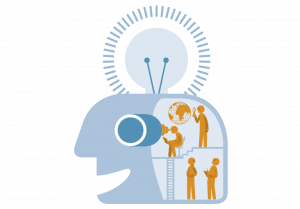
Solid Waste Management

How did we create impact?
In Kigali, the volume of municipal solid waste has been growing with the increase of household income and urbanization. In addition, more than 60% of Kigali’s population live in unplanned settlements and lack access to integrated infrastructure including solid waste management. The city has started different initiatives to tackle the solid waste management issues, with a ban on plastic bags and community clean-up, but more comprehensive and large-scale solutions are still needed.
One contribution might be a deposit system for PET bottles, powered by an app. The app communicates, educates, rewards and even entertains Kigali’s citizens while informing them on how and where to dispose used bottles in shops and at collection centres, while earning mobile money credits. Such a user-friendly refund system provides financial incentives and the necessary tools which currently lack in PET waste collection. Additionally, it offers helpful information to users and provides value to the participating companies, municipalities, and communities. Simultaneously, it will create a steady and sorted flow of raw material to companies for recycling and upcycling the waste into new products.

What can tech do for solid waste management?
Technology can help further and consolidate solid waste management efforts initiated in smart cities. Technology powers solid waste management systems, complement awareness raising initiatives with concrete actionable tools and provide greater reach throughout the solid waste value chain. The beneficiaries are citizens, companies, municipalities, and communities. In terms of the waste value chain, it improves sorting incentives at the source, reduces collection costs and improves waste sourcing options for recyclers. Additionally, this technological innovation has a large potential for scaling and integrating different types of solid waste in the future. A first focus on a PET bottle refund system (step 1), could then later include other types of plastic (step 2) and finally also be extended to more solid waste products such as e-waste (step 3).

Why do we need more circular and future-fit solid waste management systems?
Innovation and technological solutions can unlock the circular potential of the solid waste management sector by allowing to reduce, repurpose and recycle various waste like organic, plastic and e-waste. Such circular approaches minimize environmental impact with an alternative to polluting landfills or the environment, while simultaneously creating new formal and informal employment opportunities.

Who attended










